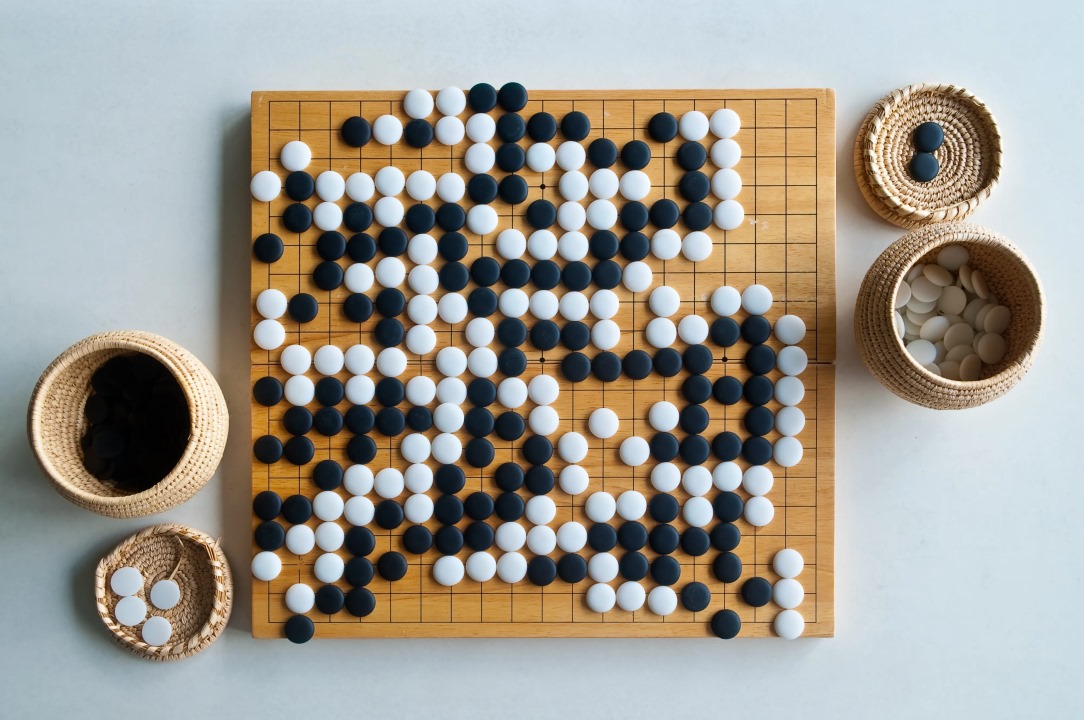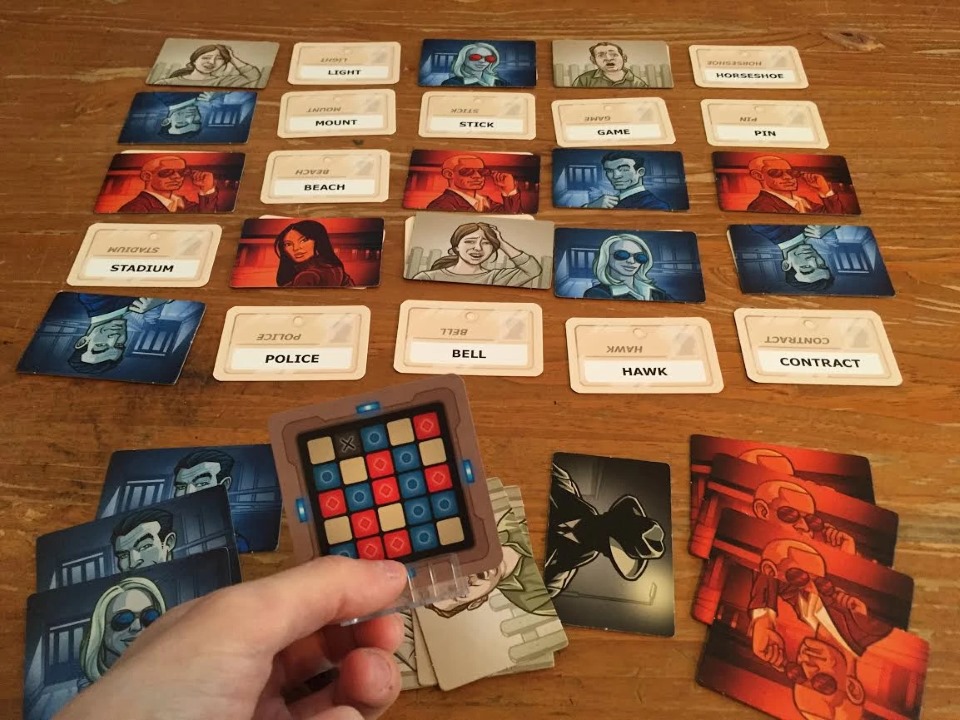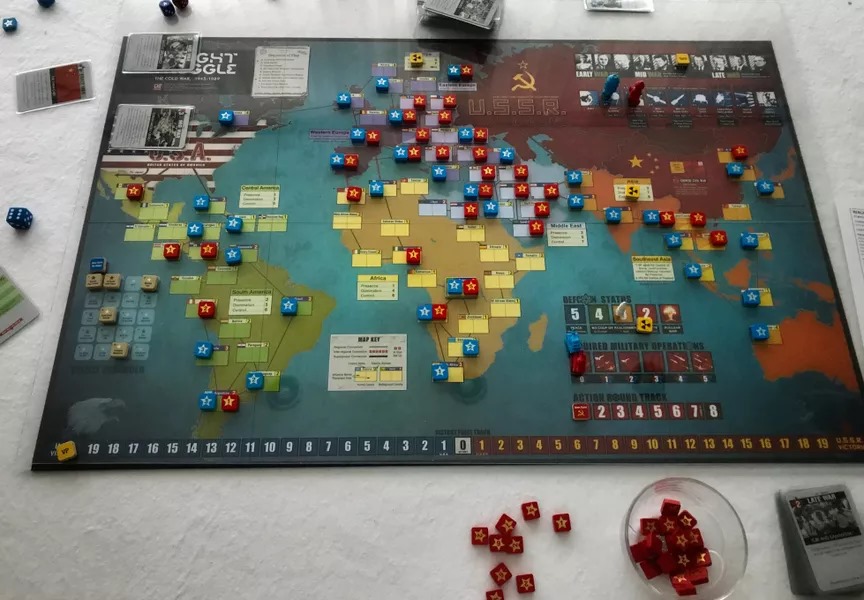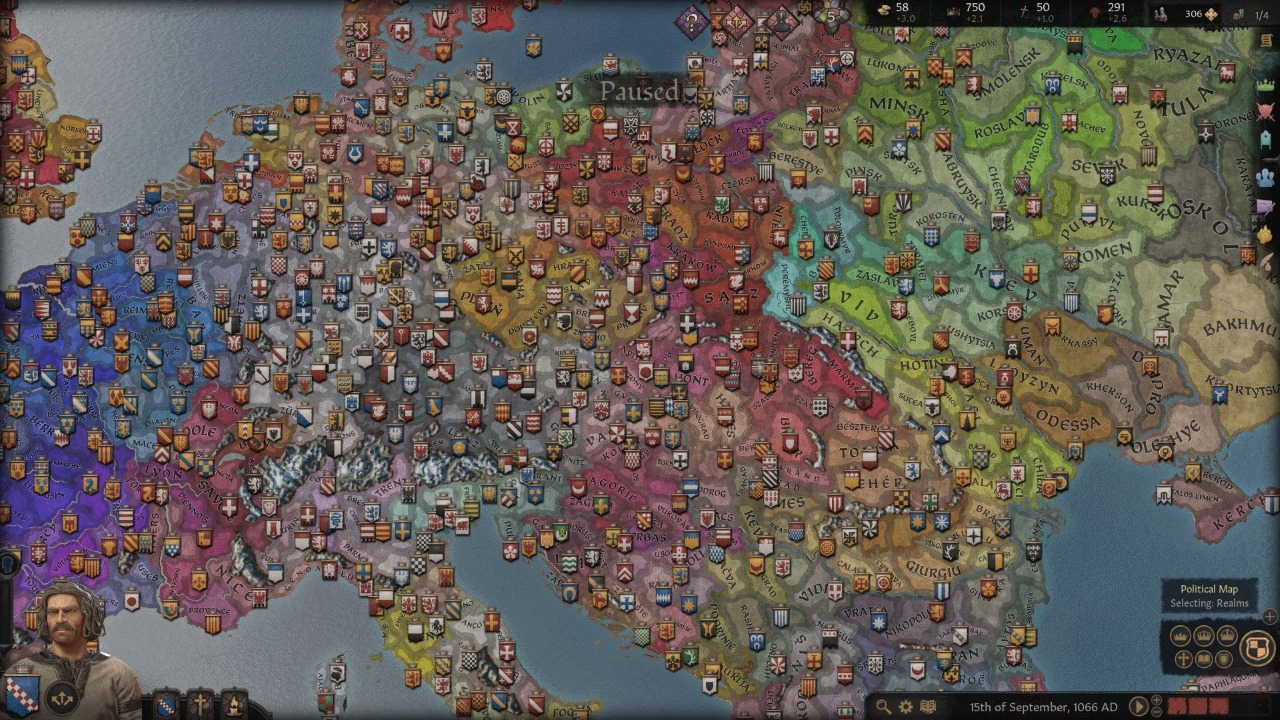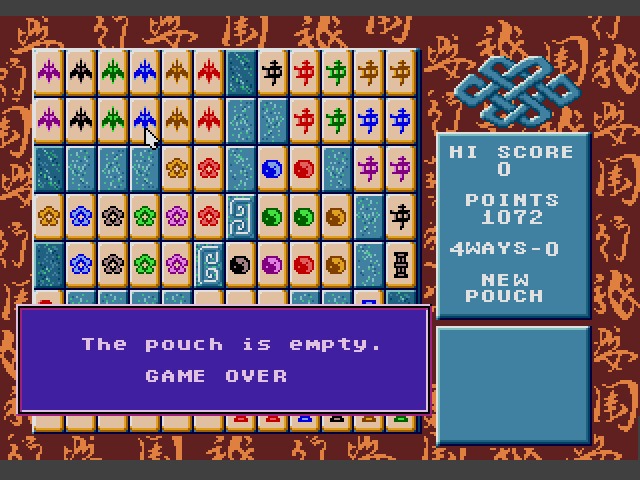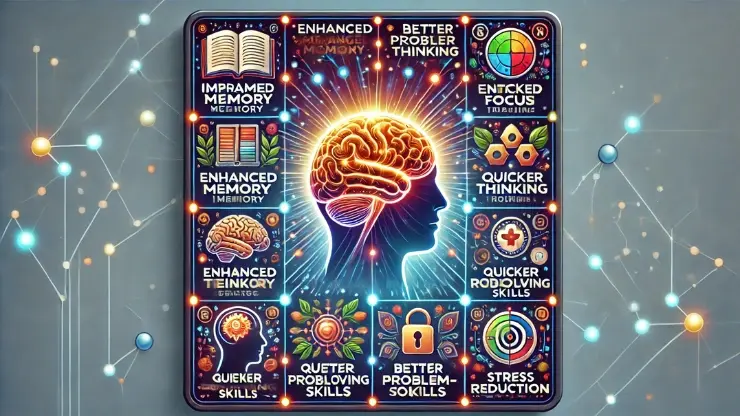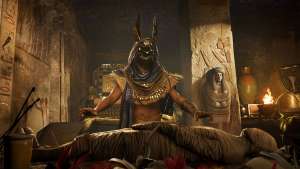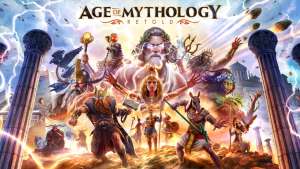Strategy games push players to think ahead, analyze situations, and make calculated decisions. Unlike action games that test reflexes, strategy games focus on long-term planning, problem-solving, and adaptability. Whether played on a board, a computer, or as part of a live team experience, these games sharpen the mind and reward critical thinking.
The appeal of strategy games lies in their depth. Some require anticipating an opponent’s moves, while others emphasize resource management, diplomacy, or tactical execution. Many of these games have stood the test of time, while modern titles introduce fresh challenges with complex mechanics and AI-driven competition.
This article explores some of the most mentally demanding strategy games, from classic board games to modern digital strategy epics. If you’re looking for games that will test and improve your strategic thinking, these titles are worth your time.
Classic Strategy Board Games

Chess
Few games are as universally recognized and strategically profound as chess. Dating back over a thousand years, it remains one of the most respected tests of intellect. Played on an 8x8 board with 32 pieces, the game challenges players to control space, anticipate moves, and execute tactical plans to checkmate the opposing king.
Chess is a game of pure skill, with no element of luck involved. Every piece has a distinct movement pattern, from the forward-marching pawns to the versatile knights and powerful queens. Successful players must balance offense and defense, recognize positional advantages, and think several moves ahead.
The game’s depth is evident in the millions of possible move combinations. Mastering chess requires studying openings, middle-game tactics, and endgame scenarios to ensure victory. The rise of chess engines, like the AI-powered AlphaZero, has shown that even the best human grandmasters still have much to learn.
For those looking to sharpen memory, concentration, and logical thinking, chess remains one of the most demanding and rewarding strategy games ever created.
Go
While chess is often regarded as the pinnacle of strategic depth, Go is even more complex. Originating in China over 2,500 years ago, it is one of the world’s oldest and most intellectually demanding games.
The game is played on a 19x19 grid, where players place black or white stones to control the board. The goal is to claim territory while strategically capturing the opponent’s stones. Although Go’s rules are simple, its depth is staggering—there are more possible board positions than atoms in the known universe.
Unlike chess, where piece values are fixed, Go requires players to constantly reevaluate the board. A move that seems weak early in the game might lead to a dominant position later. Reading the flow of play, adapting to shifting territories, and making long-term sacrifices are key to mastering the game.
Go also teaches patience and big-picture thinking. Success is rarely about immediate victories but rather about slowly building influence while restricting the opponent’s options. The game’s complexity is so immense that even the most advanced AI struggled with it until AlphaGo’s breakthrough in 2016, when it defeated world champion Lee Sedol.
For those who enjoy deep, abstract thinking, Go offers a lifelong challenge that rewards continuous learning.
Modern Board Games
Codenames
Not all strategy games are about war or territorial control. Some challenge players in unique, abstract ways—Codenames is a prime example.
This word-based strategy game revolves around deductive reasoning and communication. Played in teams, one player—the spymaster—must give a single-word clue to help their teammates identify the correct words on a grid while avoiding words that belong to the opposing team. A wrong guess could lead to instant defeat.
Codenames requires precise word association, lateral thinking, and an ability to see connections others might miss. A great spymaster can link multiple words together with a single clue, forcing teammates to think outside the box. However, a poor clue can cause confusion or, worse, give points to the opponent.
The game is an excellent test of abstract thinking and team coordination. Players must adapt their strategies based on their team’s reasoning style, making each session unpredictable and engaging. For those who enjoy linguistic puzzles and strategic communication, Codenames offers a refreshing challenge.
Twilight Struggle
For history and politics enthusiasts, Twilight Struggle is a masterclass in Cold War strategy. This two-player board game recreates the geopolitical tension between the USA and the USSR, forcing players to navigate diplomacy, espionage, and military power.
Instead of focusing on direct warfare, the game revolves around influence and political maneuvering. Players must carefully allocate resources to gain control over different regions while responding to world events and unexpected crises.
What makes Twilight Struggle truly challenging is its historical realism. The game is heavily asymmetrical, meaning that each superpower must play to its strengths while mitigating weaknesses. The USA excels in economic superiority and cultural influence, while the USSR dominates early military positioning and espionage.
Every decision in the game carries long-term consequences. Investing too heavily in one area may leave vulnerabilities elsewhere. A single misstep can tip the balance of power, forcing players to constantly reevaluate their strategies.
Twilight Struggle is not a casual board game—it requires careful planning, deep analysis, and a thorough understanding of political strategy. Players who enjoy tense, thought-provoking decision-making will find it to be one of the most rewarding challenges in strategy gaming.
Digital Strategy Games
Civilization VI
For those who love building empires and shaping history, Civilization VI is one of the most in-depth strategy games available. It challenges players to guide a civilization from the Stone Age to the modern era, managing everything from military conquests to diplomatic relations and scientific advancements.
The beauty of Civilization VI lies in its varied paths to victory. Some players choose military domination, while others focus on cultural achievements, technological progress, or economic prosperity. Every decision impacts the future, requiring players to plan for both short-term gains and long-term survival.
The game’s AI opponents are highly unpredictable, making diplomacy and war strategies ever-changing. Players must adapt to shifting alliances, technological races, and geopolitical tensions to stay ahead.
Civilization VI rewards patience, planning, and flexibility—each game unfolds differently, ensuring a fresh challenge with every playthrough.
Crusader Kings III
Where Civilization VI focuses on nations, Crusader Kings III is about dynasties. This grand strategy RPG places players in control of a medieval royal family, where politics, war, and diplomacy are all equally vital.
Unlike most strategy games that focus purely on economics or military strength, Crusader Kings III introduces character-driven storytelling. Every ruler has unique traits, ambitions, and rivalries, leading to unexpected betrayals, political marriages, and even assassinations.
One of the game’s biggest challenges is its unpredictability. No strategy is foolproof—an unexpected rebellion, a sudden death, or an ambitious rival can completely alter the course of a dynasty. Players must constantly adapt, balancing power struggles, vassal loyalty, and the ambitions of their own heirs.
Crusader Kings III is a test of long-term vision and adaptability. For those who enjoy historical politics, intrigue, and complex decision-making, it offers one of the most mentally engaging experiences in gaming.
Puzzle and Abstract Strategy Games
Ishido: The Way of Stones
Some strategy games focus on pattern recognition and logic rather than direct competition. Ishido: The Way of Stones is a puzzle-based strategy game that challenges players to think deeply and plan several steps ahead.
The game features a set of stones, each with unique symbols and colors. Players must place them on a board, following strict placement rules, aiming to create complex patterns while maximizing future options. Unlike many strategy games, Ishido rewards patience and careful positioning rather than aggressive tactics.
One of the primary challenges in Ishido is balancing freedom with restriction. A misplaced stone can drastically limit the number of possible moves later, forcing players to analyze multiple placement possibilities before committing. Since long-term success depends on early moves, every decision carries weight.
Ishido is particularly appealing to players who enjoy abstract thinking and logic-based puzzles. The game provides an intricate challenge that exercises spatial reasoning, making it an excellent choice for those who prefer games that emphasize strategic foresight rather than direct competition.
Arimaa
Designed to be more challenging for computers than for humans, Arimaa is an abstract strategy game that offers remarkable depth despite its straightforward rules. It was created as a response to how easily AI mastered chess, making it a game that requires human intuition and adaptability over brute-force calculation.
The goal of Arimaa is to move one of your pieces to the opponent’s home row while preventing them from doing the same. However, the game introduces strategic complexity by allowing players to move up to four pieces per turn, leading to an expansive set of possible decisions.
Arimaa’s unique movement rules mean that players must constantly balance offensive positioning with defensive play. Unlike chess, where certain pieces are inherently more valuable, Arimaa’s strategy revolves around how players position and maneuver their pieces relative to one another.
This game is an excellent challenge for those who enjoy strategic depth and creative problem-solving. While it remains a niche game, its complexity and innovative mechanics have made it a favorite among those looking for a truly unique strategic challenge.
Team-Based Strategy Activities
Escape Rooms
Not all strategy games come in the form of board or digital games. Escape rooms have grown in popularity as a real-world test of critical thinking, problem-solving, and teamwork. These immersive experiences challenge groups to solve a series of puzzles within a set time limit in order to "escape" from a locked room.
Success in an escape room requires more than just logical thinking—it demands communication, time management, and the ability to work under pressure. Players must analyze clues, recognize patterns, and divide tasks effectively to maximize efficiency.
One of the greatest aspects of escape rooms is their variety. Themes can range from detective mysteries to high-tech laboratory puzzles, each presenting unique challenges. Unlike traditional strategy games with fixed rules, escape rooms continuously evolve, ensuring that each experience is fresh and requires different problem-solving approaches.
Beyond entertainment, escape rooms serve as an excellent exercise in cognitive skills. They teach players how to think quickly, adapt to unexpected challenges, and work collaboratively toward a shared goal. For those who enjoy hands-on strategy experiences, escape rooms provide an engaging and mentally stimulating challenge.
Virtual Murder Mysteries
Another team-based strategic experience comes in the form of virtual murder mysteries. These interactive scenarios require players to analyze evidence, interpret motives, and deduce the identity of a hidden culprit.
Murder mystery games emphasize psychological strategy rather than mechanical complexity. Players must sift through misleading information, recognize inconsistencies, and connect seemingly unrelated clues to build a case. Some versions also incorporate social deduction elements, where one or more players secretly work against the group.
The challenge of murder mysteries is that they require critical thinking and intuition rather than traditional strategic mechanics. Unlike most board or digital strategy games, where players have a defined set of rules to follow, murder mysteries rely on observation, deduction, and reasoning.
These games are particularly enjoyable in group settings, where players must rely on teamwork to piece together the puzzle. The depth of these challenges makes them excellent for those who enjoy detective work, social strategy, and solving complex narratives.
Benefits of Engaging with Strategy Games
Strategy games are more than just a source of entertainment. They provide real cognitive benefits that enhance various mental faculties. Whether played in a competitive setting or casually, they help players develop essential skills that are applicable in everyday life.
One of the most notable benefits of strategy games is the improvement of critical thinking skills. These games require players to assess situations, predict outcomes, and make well-reasoned decisions. Over time, this strengthens logical reasoning, pattern recognition, and adaptability.
Another major advantage is enhanced memory and focus. Strategy games, particularly those that involve deep tactical planning, encourage players to recall past moves, anticipate future scenarios, and maintain concentration over long periods. Chess and Go, for example, require players to track multiple potential outcomes at once.
Adaptability and decision-making under pressure are also key skills sharpened by strategy games. Unlike puzzle games with predefined solutions, strategy games often involve dynamic scenarios where the best course of action shifts based on the opponent’s choices. This ability to adjust strategy in real time translates well to problem-solving in everyday situations.
For multiplayer strategy games, teamwork and communication skills become crucial. Whether playing in an escape room, coordinating tactics in a competitive strategy game, or negotiating alliances in a grand strategy title, players must effectively communicate their plans and respond to their teammates.
Beyond cognitive improvements, strategy games also help with emotional resilience. Competitive strategy games teach players how to handle setbacks, analyze mistakes, and refine their approach. Learning to stay composed and adjust strategy after failure is a valuable skill, both in games and in real-life decision-making.
Ultimately, strategy games do more than challenge the mind—they actively train it to think critically, plan efficiently, and adapt to new challenges.
Conclusion
Strategy games come in many forms, from ancient board games like chess and Go to modern grand strategy epics, abstract puzzles, and real-world team challenges. Each of these games offers a unique mental test, requiring players to think ahead, adapt to changing conditions, and refine their approach over time.
For those who enjoy deep, thought-provoking challenges, these games provide endless opportunities for intellectual growth. Whether managing an empire in Civilization VI, planning a dynasty in Crusader Kings III, solving word associations in Codenames, or escaping from a real-world puzzle room, strategy games offer a rewarding experience that goes beyond entertainment.
As technology advances, strategy games will continue to evolve, introducing new mechanics, deeper AI, and even more immersive ways to challenge the mind. No matter the format, the fundamental appeal remains the same—strategy games reward those who think ahead, make smart decisions, and embrace the challenge of outmaneuvering the competition.
For anyone looking to improve their problem-solving skills, test their intelligence, or simply enjoy a mentally stimulating game, strategy games remain one of the best ways to do so.



